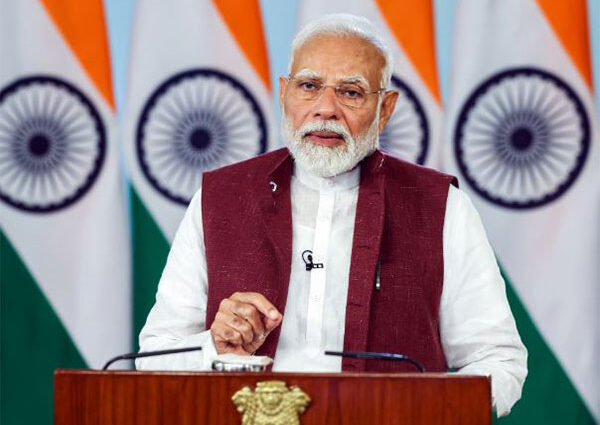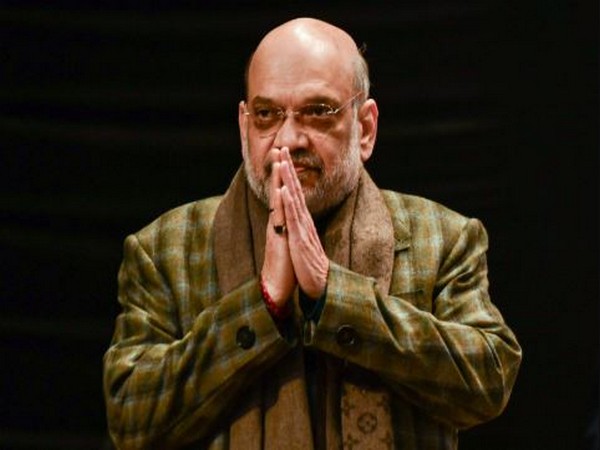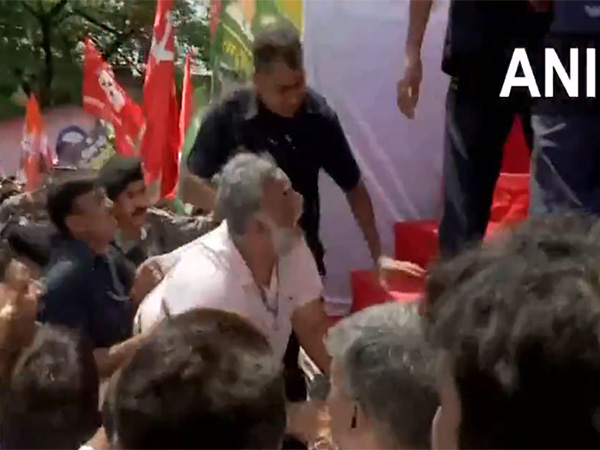
PM Modi, Leaders Pay Tribute To Jallianwala Bagh ‘Martyrs’ On 105th Anniversary
Prime Minister Narendra Modi on Sunday paid homage to the victims of the Jallianwala Bagh massacre, calling it a “dark chapter” in India’s history and a “major turning point” in the country’s freedom struggle.
In a post on X, PM Modi wrote, “We pay homage to the martyrs of Jallianwala Bagh. The coming generations will always remember their indomitable spirit. It was indeed a dark chapter in our nation’s history. Their sacrifice became a major turning point in India’s freedom struggle.”
We pay homage to the martyrs of Jallianwala Bagh. The coming generations will always remember their indomitable spirit. It was indeed a dark chapter in our nation’s history. Their sacrifice became a major turning point in India’s freedom struggle.
— Narendra Modi (@narendramodi) April 13, 2025
Several other leaders also remembered the victims and the impact of the brutal massacre, which took place on April 13, 1919, during British colonial rule.
Union Home Minister Amit Shah wrote, “The Jallianwala Bagh massacre is a dark chapter in India’s freedom struggle that shook the entire country. The anger that arose among the countrymen due to the cruelty of the British rule, which had reached the pinnacle of inhumanity, turned the freedom movement into a struggle of the masses.”
Union Minister Dharmendra Pradhan also paid tribute, stating, “Homage to the innocent martyrs of the Jallianwala Bagh massacre. India will forever remain indebted to them. The colonial barbarity that day in 1919 gave rise to a new wave of national consciousness, more fierce, fearless and resolute for freedom.”
“May the sacrifice of the brave men, women and children inspire us to protect our sovereignty, inclusivity and freedom,” he added.
External Affairs Minister S Jaishankar also posted his tribute on X: “Tributes to the martyrs of the Jallianwala Bagh massacre. Their determination, courage and sacrifice for our freedoms will never be forgotten.”
The Jallianwala Bagh massacre, which took place on April 13, 1919, remains one of the darkest chapters in India’s colonial history. According to the Ministry of Culture, the massacre marked a turning point in India’s freedom struggle and is remembered as a symbol of courage and resistance.
The massacre occurred in Amritsar, Punjab, where thousands had gathered at Jallianwala Bagh during the festival of Baisakhi. The gathering was also meant to peacefully protest against the Rowlatt Act and demand the release of leaders Dr Satyapal and Dr Saifuddin Kitchlew.
British officer Brigadier General Reginald Dyer, without issuing any warning, ordered his troops to fire on the unarmed crowd. According to the Ministry of Culture, “1650 rounds were fired. The firing ceased only after the ammunition had ran out.” While official British records put the death toll at 291, Indian leaders like Madan Mohan Malviya estimated over 500 deaths.
According to the Ministry of Culture, Brigadier General Dyer showed no remorse for his actions during the Jallianwala Bagh massacre.
In his testimony before the Hunter Commission, he displayed an “unapologetic attitude” when asked about the aftermath of the firing.
As cited by the Ministry, he was questioned, “After firing took place, did you take any measures to attend to the wounded?” to which Dyer replied, “No, certainly not. It was not my job. Hospitals were open, and they should have gone there.”
The Ministry of Culture also highlights how General Dyer’s actions during the Jallianwala Bagh massacre were promptly acknowledged and approved by the colonial authorities.
As per official records, ‘Sir’ Michael O’Dwyer, the then Lieutenant Governor of Punjab province, sent a direct message to Dyer stating, “Your action correct. Lieutenant-Governor approves.”
The brutality of the act led Rabindranath Tagore to renounce his Knighthood. Udham Singh later assassinated Dwyer, the former Lieutenant Governor of Punjab Province, who had backed the action.
According to the Ministry of Culture, “The Jallianwala Bagh It stands as a symbol of struggle and sacrifice and continues to instill patriotism amongst the (Indian) youth.”
A memorial was set up by the Government of India in 1951 at Jallianwala Bagh to commemorate the spirit of Indian revolutionaries and the people who lost their lives in the brutal massacre.
The memorial, as per the Ministry, stands as a symbol of struggle and sacrifice and continues to instill patriotism amongst the youth.
In March 2019, the Yaad-e-Jallian Museum was inaugurated, showcasing an authentic account of the massacre. (ANI)



